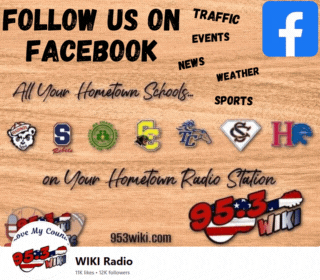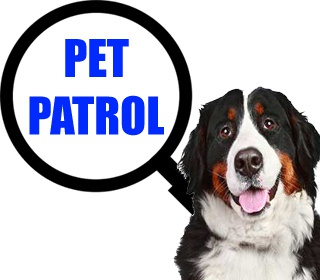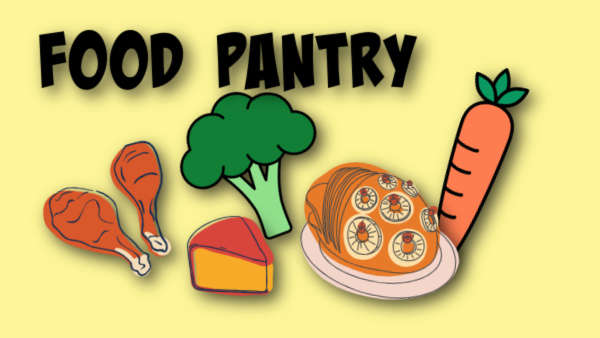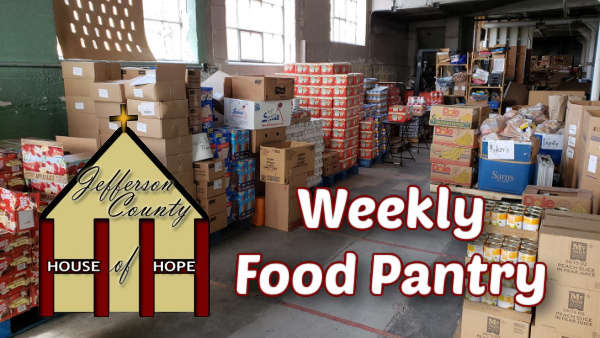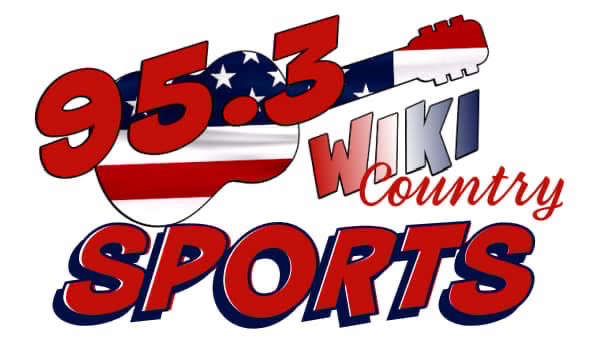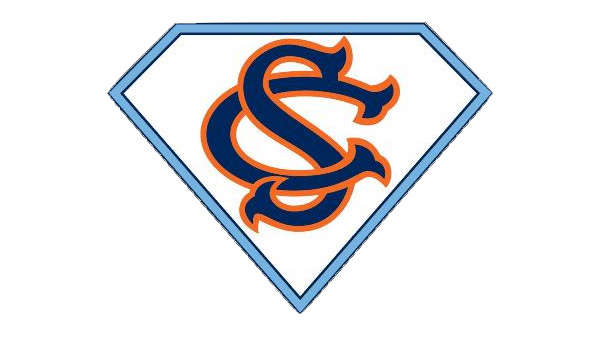Locally, The City of Batesville, in partnership with New Horizons, is awarded $160,462 to create a device lending library.
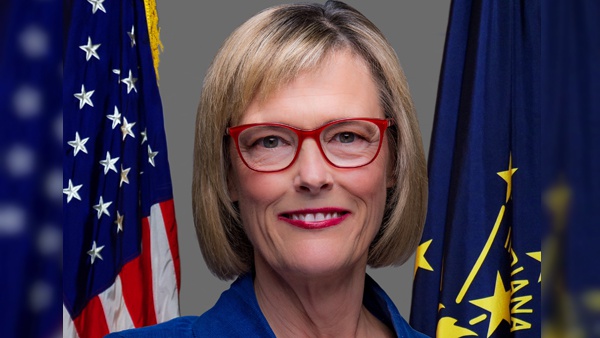
(Indianapolis, Ind.) – Lt. Governor Suzanne Crouch today announced that 11 communities have partnered with non-profits that will receive more than $1.63 million in federal funding through the new Community Connections for People with Disabilities (CCPWD) grant program.
Locally, The City of Batesville, in partnership with New Horizons, is awarded $160,462 to create a device lending library, which includes 100 tablets, home connectivity devices, adaptive technology, and health monitoring aids. Training support will be provided to lending library participants to utilize the technology to connect with their natural support networks.
This program is being offered through a partnership between the Indiana Office of Community and Rural Affairs (ORCA) and the Indiana Division of Disability Rehabilitative Service (DDRS).
“The pandemic has disrupted the life of every Hoosier,” Crouch said. “These partnerships will reconnect Hoosiers with disabilities to their crucial support systems, while also creating new ways for these individuals to thrive and pursue their aspirations. This federal CARES Act funding will help quickly remove some of the social divide COVID-19 has caused.”
The program’s goal is to help develop innovative technology strategies and cultivate strong community partnerships to address the negative social, economic, and health effects of COVID-19 on Hoosiers with disabilities and to increase community and workplace inclusion for this population.
“I’m so proud to see these communities took innovative steps to partner with local organizations to provide assistance is a variety of ways to Hoosiers with disabilities,” said Denny Spinner, executive director of OCRA. “These projects are the first step in ensuring no Hoosier is left isolated and partnering with DDRS to make it happen demonstrates the type of collaboration necessary to create a road to recovery.”
Grant activities for this program implement strategies, including virtual or technology-assisted activities, that address lack of internet access and technology equity, or social isolation and lost access to natural supports.
Eligible applicants include a local unit of government, which includes counties, cities, or incorporated towns, both entitlement and non-entitlement communities. Each applicant partnered with a qualifying developmental disability non-profit organization that serves adults (18 and older) with disabilities within the geographical area.

 PROACTIVE PATROL LEADS TO DRUG DEALING ARREST
PROACTIVE PATROL LEADS TO DRUG DEALING ARREST
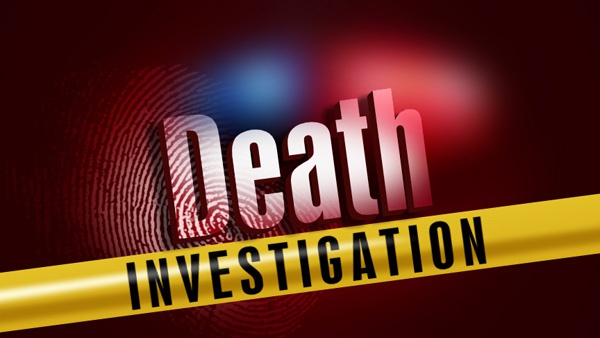 ISP Investigating Inmate Death at the Washington County Jail
ISP Investigating Inmate Death at the Washington County Jail
 Senate Republicans to Prioritize Government Reform, Public Safety and Fiscal Discipline in 2026
Senate Republicans to Prioritize Government Reform, Public Safety and Fiscal Discipline in 2026
